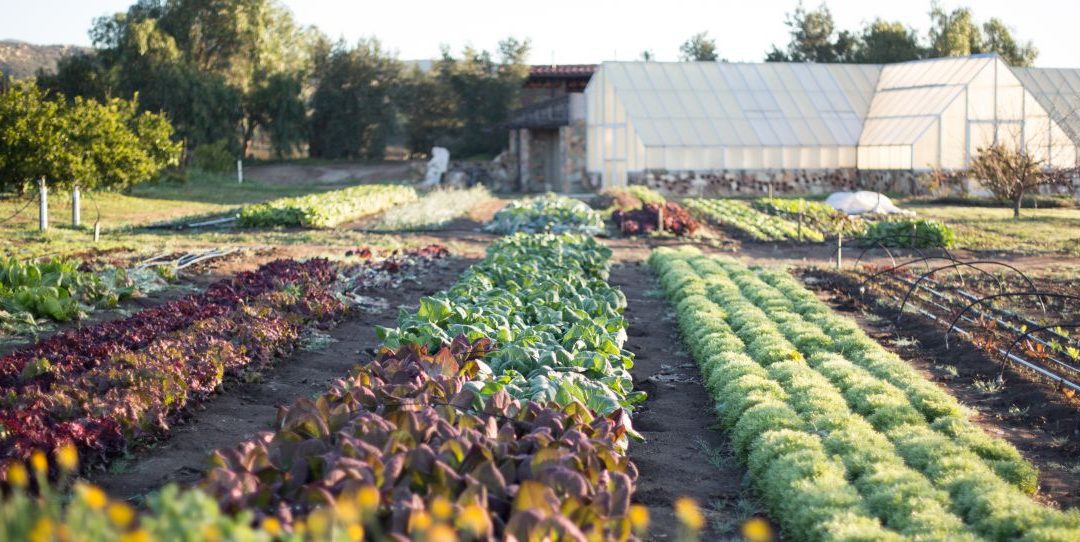Understanding Ecological Agriculture:
Ecological agriculture is a farming philosophy that emphasizes biodiversity, soil health, and ecosystem resilience. It seeks to mimic natural processes and create harmonious relationships between plants, animals, and their environment. Key principles of ecological agriculture include:
Diversity: Incorporating various crop species, livestock, and beneficial insects to create a balanced and self-sustaining ecosystem.
Regenerative practices: Focusing on soil health and fertility through techniques like composting, cover cropping, and reduced tillage.
Natural pest management: Using biological controls such as predatory insects and companion planting to minimize reliance on synthetic chemicals.
Water conservation: Employing methods like drip irrigation, rainwater harvesting, and mulching to optimize water use and reduce runoff.
Agroforestry: Integrating trees and crops to enhance productivity, biodiversity, and carbon sequestration.
The Benefits of Ecological Agriculture:
Adopting ecological agriculture practices offers a wealth of benefits for both the environment and farmers:
Enhanced soil health: By focusing on organic matter and natural fertility, ecological agriculture improves soil structure, water retention, and nutrient cycling.
Climate resilience: Diverse and robust ecosystems are better equipped to withstand extreme weather events and adapt to changing conditions.
Biodiversity preservation: A rich mix of plant and animal species supports pollinators, predators, and other essential members of the food web.
Reduced reliance on chemicals: By using natural pest management strategies and minimizing synthetic inputs, ecological agriculture helps protect both human health and the environment.
Economic stability: Diversified farms can buffer against market fluctuations and crop failures, ensuring a more stable income for farmers.

Embracing Nature’s Wisdom:
The transition to ecological agriculture requires a shift in mindset, recognizing the value of working with nature instead of trying to control it. By embracing the inherent wisdom of natural systems, we can create resilient and sustainable food systems that nurture our planet and communities.
To support this transition, we must prioritize education, collaboration, and policy reform. By promoting knowledge sharing and advocating for ecologically-minded policies, we can empower a new generation of farmers to lead the way in sustainable agriculture.
Ecological agriculture offers a promising path forward for a more sustainable and resilient future. By working with nature’s wisdom and focusing on practices that support healthy ecosystems, we can create food systems that nourish both people and the planet. As more farmers adopt these methods, ecological agriculture will play an increasingly vital role in addressing the challenges of food security, climate change, and environmental degradation.








